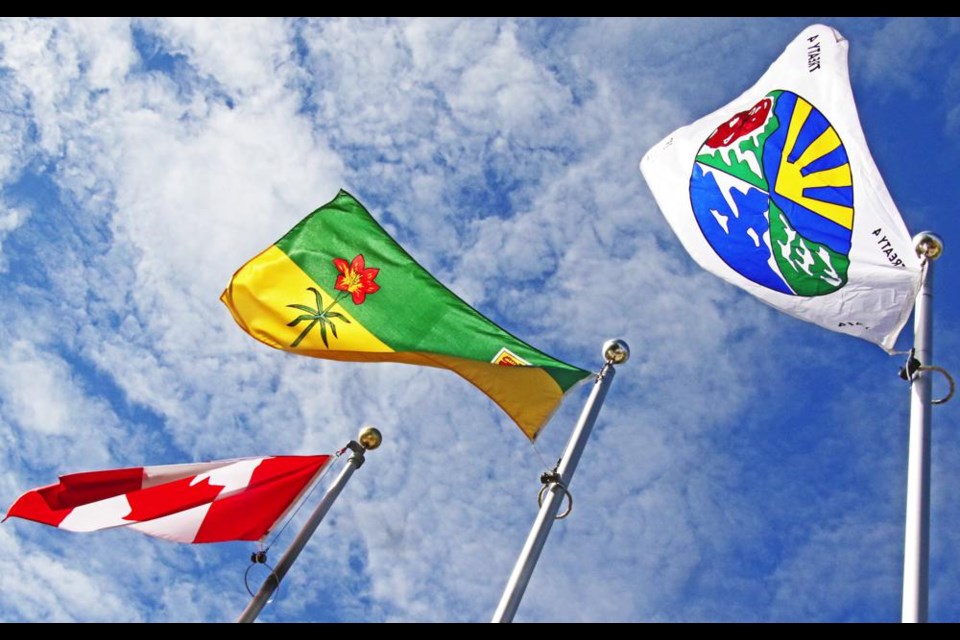Canada’s newest official holiday is the National Day for Truth and Reconciliation, to be observed on Saturday, Sept. 30.
The National Day for Truth and Reconciliation arose as one of the 94 calls for action in the report issued by the Truth and Reconciliation committee, and is a day to honour all of the children who never made it home from residential schools, and the survivors of those schools.
This includes the multi-generational impacts on their families and communities.
There were 140 federally-run residential schools that operated from 1867 to 1996, so the impact of these schools ran very deep, wounding the psyche and the soul of our indigenous peoples over many generations.
The day is also Orange Shirt Day, an indigenous-led commemoration with the theme, “Every Child Matters”. The purpose of this day is to raise awareness amongst all Canadians, both indigenous and non-indigenous, of the impacts of the residential school system on individuals, families and communities.
To quote the federal government’s own explanation of Orange Shirt Day, “The orange shirt is a symbol of the stripping away of culture, freedom and self-esteem experienced by Indigenous children over generations.”
The City of Weyburn will be observing the day, and will close City Hall and most city facilities on Saturday in observance of the day.
In addition, the Weyburn Arts Council and Weyburn Art Gallery, has set up a Treaty 4 timeline of events along the pathways in Jubilee Park which explain what transpired over the years to the indigenous peoples who lived on this land for generations before we came along to settle it.
A Walk for Reconciliation will be held on Saturday, Sept. 30 at 1 p.m., starting from the Credit Union Spark Centre and going through Jubilee Park, and residents are encouraged to join this walk (or walk it on their own, as the timeline will be up until Oct. 3) and read the posts about what was done over the years.
Part of the calls for action, to reconcile the indigenous and non-indigenous people of Canada, is for all residents to come to an understanding of what has been done, and what can be done to restore a healthy relationship and partnership.
We have come a fair ways to understand each other better, but we have a long, long ways to go yet.
There are ongoing real efforts in communities and schools where residents and students are learning about the history and traditions of our indigenous communities, and this needs to continue.
The process of reconciliation is a long-term one, and will take an effort from both groups to succeed, including governments and all residents.




